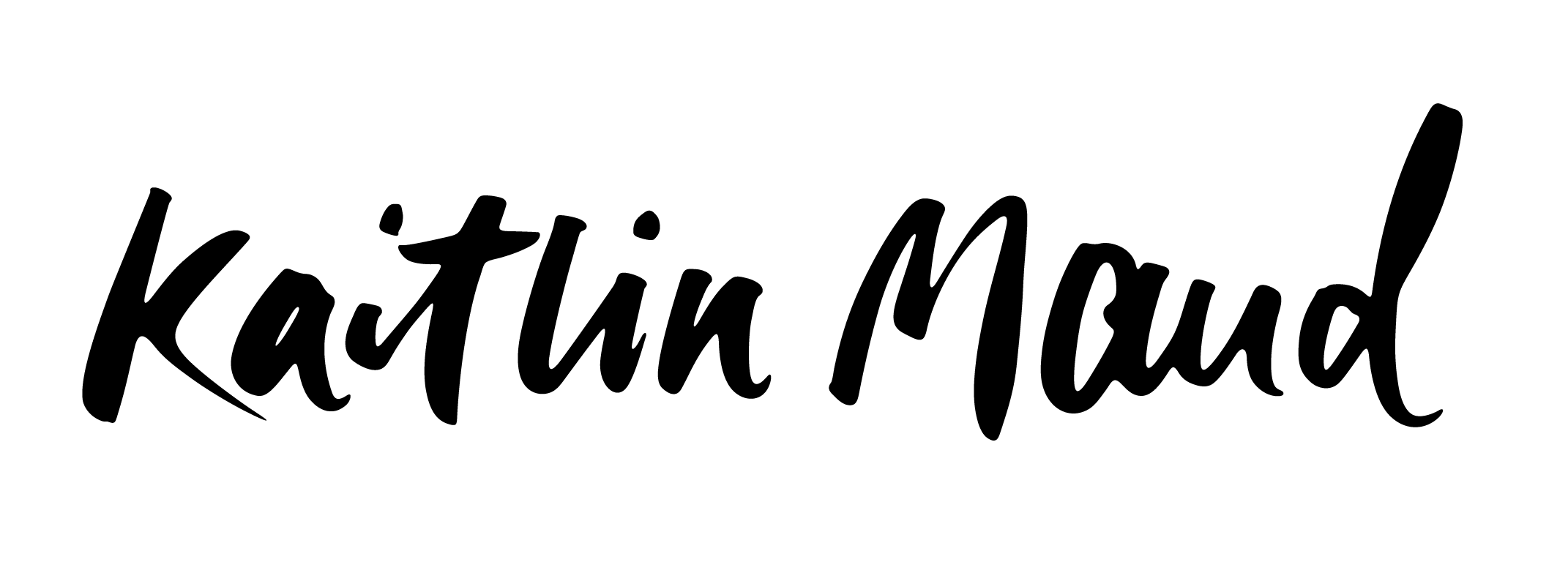Practical resources for cultural competence: Language
The Grad School I am enrolled in has a reputation for being social justice-oriented. "Social responsibility" is core to the mission of the University. As such, cultural competence is foundational to my program (and all programs). Less than a few months in and I have already amassed a folder of resources that, in my opinion, should be a required weeklong onboarding for strategists and researchers working in the private sector. But rather than dump them on you, I am going to pull out some of the best ones in a multi-part series. Consider it the start of (or a supplement to) your multicultural toolkit.
Today's set of resources is on Language. Most of the folks reading this are in the communications field and don't need me to explain why words matter. But the truth is, communication is critically important to more than just work. It is how we relate socially. It is how we solve problems. It is how we learn, grow, and document history. Evolving our language is important, if for no other reason than to reduce harm to others sharing this planet the same time as us. So read on!
To start, University of South Carolina Aiken put together this downloadable Inclusive Language Guide. It covers recommended terms to use when referring to people and groups of people across various ethnicities, immigration statuses, gender and sexual identities, etc. There is also a quick primer on people-first language. "People first" is most often used in reference to people with disabilities and/or mental illness, but having done a lot of work in the jail and prison systems, I can tell you we also use it when referring to someone who is justice-involved (e.g. "person with a criminal record" vs. "criminal"). It's a good best practice.
Our Human Development professor shared this deep dive on trans-inclusive language. As the parent of a 5 year old I can tell you it is incredibly easy to adapt to using language that is not gendered (e.g. "look at that kid over there!" "ask the worker for help!"). If she gets it- so can you! And while it may take a little practice, "they" is an easy and safe default for when you don't know someone's pronouns.
This Glossary from the Anti-Violence Project offers clear and concise definitions of complex and highly charged terms/concepts such as "consent", "microaggression", and "rape culture". My personal favorite definition is "reverse racism". I can see this being useful to bookmark for the next time someone wants to debate whether or not a CEO's bad behavior was "sexual harassment".
Extra credit: this article from Nayantara Sheoran Appleton challenges the over-use of "de-colonize" and suggests alternative terms and ways of approaching anti-colonial work (particularly in academia, but relevant for anyone interested / engaged in social justice spaces).
This is a piece I created during my summer residency in response to a discussion we had on Multiculturalism.

